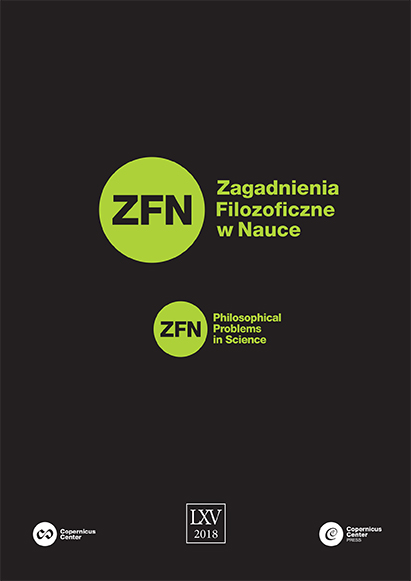Czy możemy wykazać istnienie zjawisk całkowicie przypadkowych?
Can we prove existence of completely random events?
Author(s): Marek KuśSubject(s): Philosophy, Essay|Book Review |Scientific Life, Metaphysics, Epistemology, Special Branches of Philosophy, Philosophy of Science
Published by: Copernicus Center Press
Keywords: randomness; ontic and epistemic randomness; randomness in classical and quantum physics; amplification of randomness
Summary/Abstract: I show how classical and quantum physics approach the problem of randomness and probability. Contrary to popular opinions, neither we can prove that classical mechanics is a deterministic theory, nor that quantum mechanics is a nondeterministic one. In other words it is not possible to show that randomness in classical mechanics has a purely epistemic character and that of quantum mechanics an ontic one. Nevertheless, recent developments of quantum theory and increasing experimental possibilities to check its predictions call for returning to the problem of comparing possibilities given by classical and quantum physics to accommodate and prove the existence of a `genuine randomness'. Recent results concerning `amplification of randomness' show that, in certain sense, quantum physics is in fact ‘more random’ that classical and outperforms it in producing a `truly random process'.
Journal: Zagadnienia Filozoficzne w Nauce
- Issue Year: 2018
- Issue No: 65
- Page Range: 111-143
- Page Count: 33
- Language: Polish

